SFN blows into Windy City
It’s that time of year again — fall foliage, plump pumpkins and, if you’re a neuroscientist, the mad, mobbed scenes at the Society for Neuroscience (SFN) annual meeting.
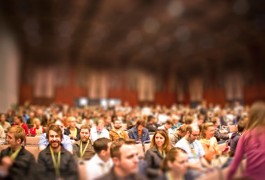
It’s that time of year again — fall foliage, plump pumpkins and, if you’re a neuroscientist, the mad, mobbed scenes at the Society for Neuroscience (SFN) annual meeting.
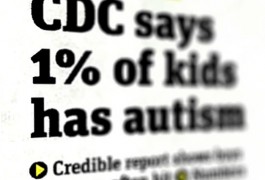
The news yesterday was hard to miss: 1 in every 100 children apparently has autism, according to two new studies.
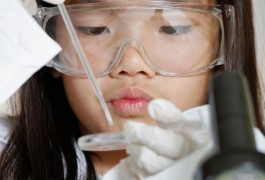
Wherever there are unexplained phenomena, there are sure to be powerful myths to explain them that take root in the collective imagination.
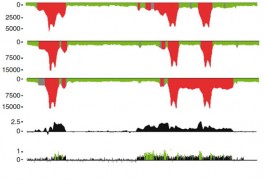
For complex diseases like autism, there is irrefutable evidence that copy number variation — deletions or duplications of a genomic region — are at least as important as differences in the actual genetic code. Not surprisingly, this is the focus in many genetics labs.
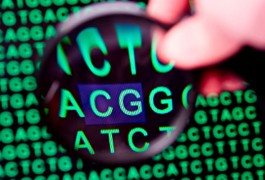
A new study pinpoints 27 regions of the genome that carry copy number variations in people with autism, but not healthy controls.
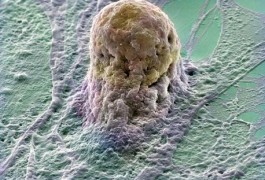
When President Obama said in his inagural address that he would “restore science to its rightful place,” he wasnʼt just making empty promises. After nearly eight long years and an immeasurable setback to stem cell research, President Obama today overturned the restrictions Bush put set up in August 2001, and freed scientists to use federal funds to work with embryonic stem cells. And he did this while still defining himself as a man of faith. Hallelujah!
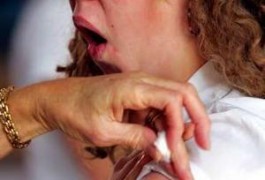
Nearly 1 in every 150 children is diagnosed with autism: itʼs a statistic thatʼs often cited to ‘proveʼ that there is an autism epidemic. The reason I sound skeptical is because previous studies have found that most of the ballooning numbers can be attributed to vastly expanded diagnostic criteria for autism, and that the rise in diagnoses coincides with a drop in the prevalence of other developmental disorders.

Scientists in the U.K. are appealing to the public to donate brains for research into autism, Alzheimerʼs disease and other conditions.
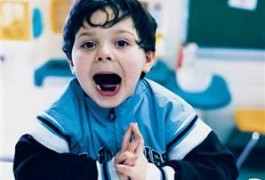
Is regressive autism real? That is, do some children with autism develop normally for the first couple of years of their life, and then suddenly lose their ability to speak and socialize?
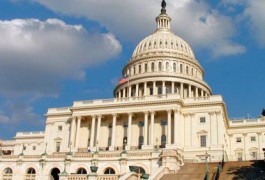
Even as I type this, thousands of neuroscientists are descending on Washington D.C. for an annual event that is almost beyond description. An estimated 36,000 people are expected to attend Neuroscience 2008, this yearʼs meeting of the Society for Neuroscience, hobnob, listen to lectures, present posters and down drinks at the many social events.